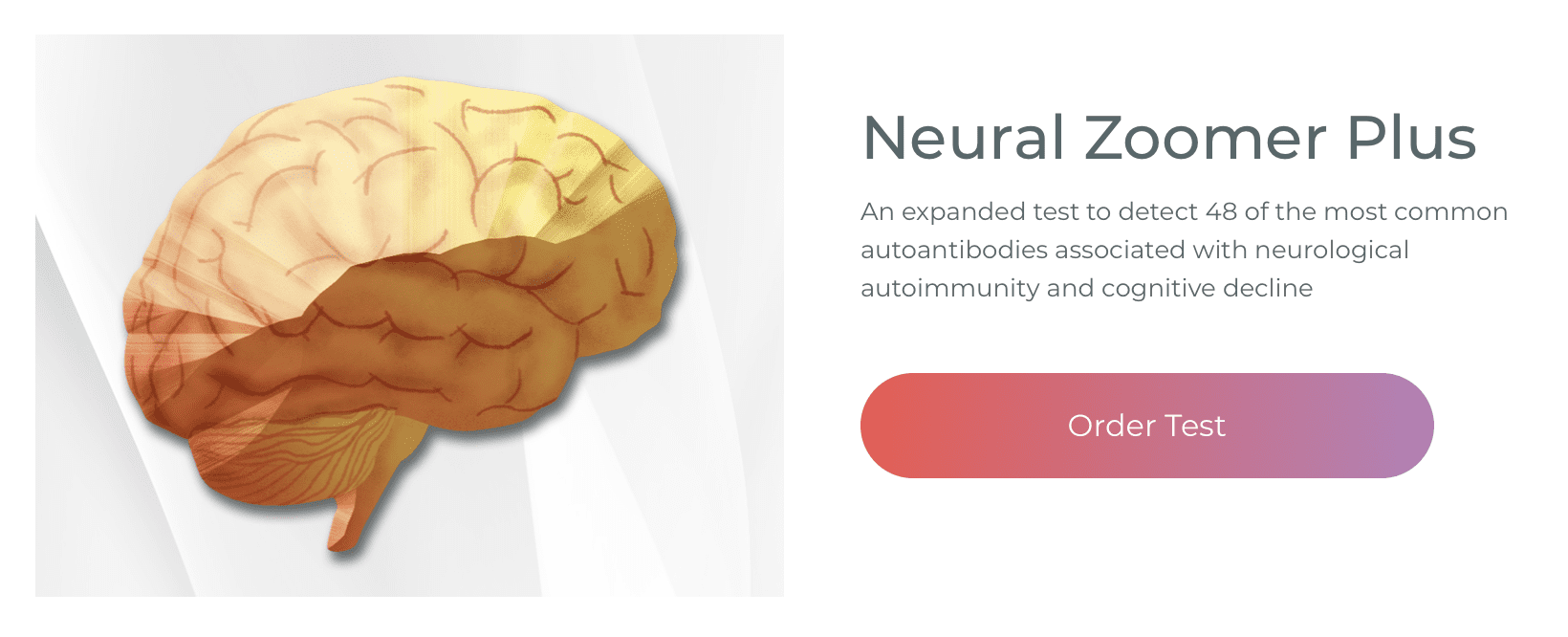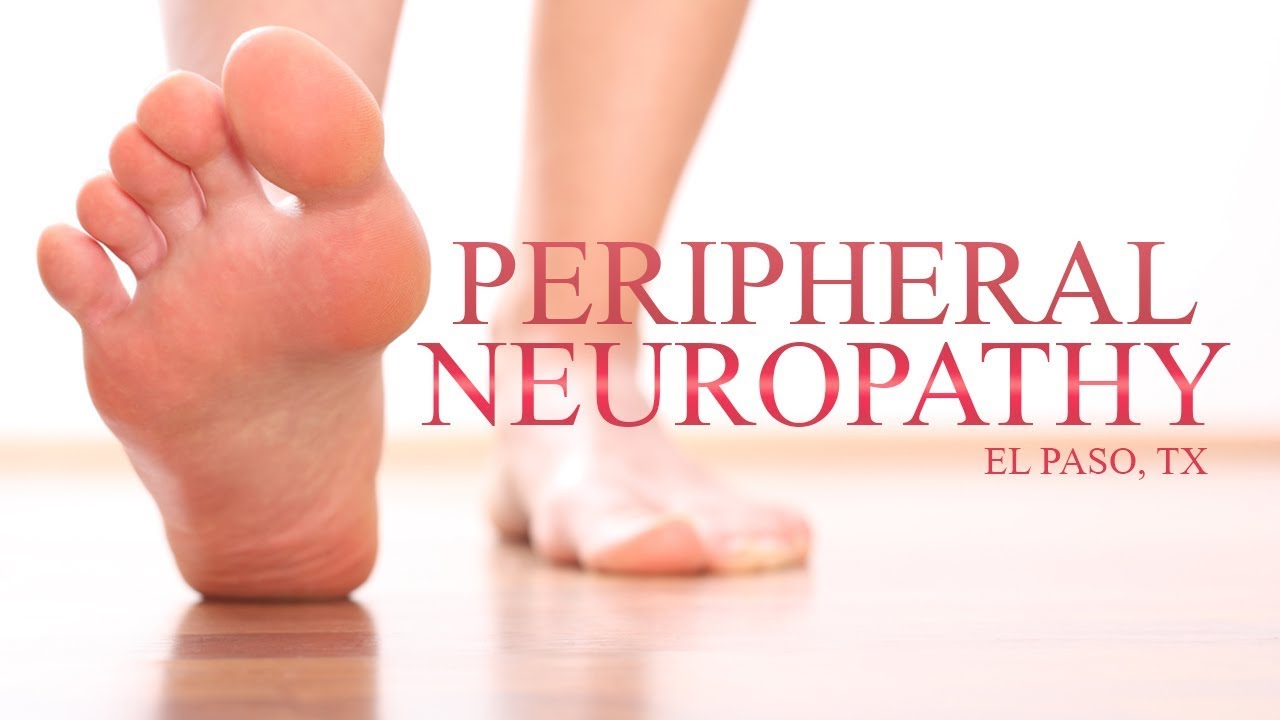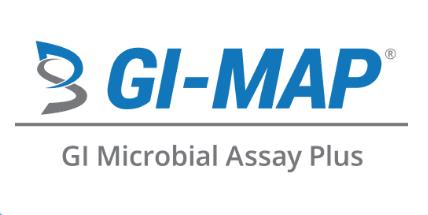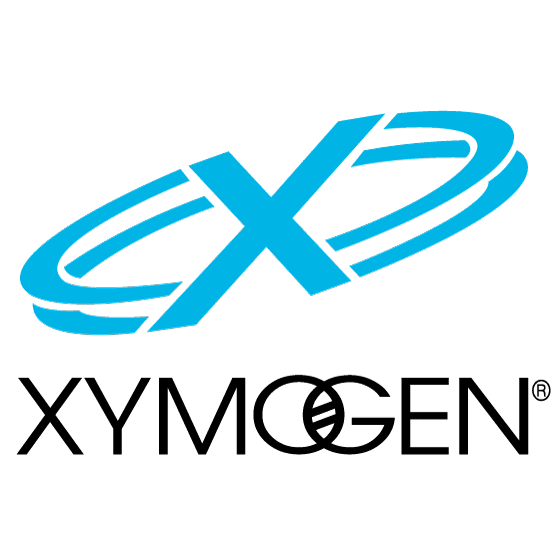Blood vessels in the brain protect us from “harmful” components in the bloodstream. This is known as the blood-brain barrier. A Science Translational Medicine research study demonstrated how inflammation and cognitive impairment in a group of aging mice may be associated with the breakdown of the blood-brain barrier. In the following article, we will discuss how restoring the breakdown of the blood-brain barrier may improve overall brain health.
What is a Leaky Blood-Brain Barrier?
Scientists determined that the breakdown of the blood-brain barrier can ultimately trigger a signaling protein in brain cells, known as astrocytes. They then created and evaluated a drug/medication that blocked the activation of the astrocytes, or the signaling protein known as the transforming growth factor-beta (TGF-beta). Following the treatment, the group of aging mice demonstrated reduced brain inflammation and improved cognitive function.
“Our team of scientists associates the aging brain in the same way we associate neurodegeneration. The aging brain is characterized by loss of cognitive function and dead brain cells,” stated Daniela Kaufer, co-senior author and professor of integrative biology at the University of California, Berkeley. “However, our research study determined a different story about why the aging brain doesn’t function properly: It is because of brain fog,” she concluded.
According to the research study, reducing inflammation and brain fog by restoring the breakdown of the blood-brain barrier can help improve the overall health and wellness of the aging brain. The results may also help scientists understand how cognitive impairment associated with inflammation and brain fog can accompany the aging brain and neurodegeneration as well as how the blood-brain barrier may be associated with improved brain function.
Inflammation, Brain Fog, and Cognitive Impairment
A variety of research studies, including imaging research studies performed by Alon Friedman, co-senior author of Ben-Gurion University of the Negev in Israel and Dalhousie University in Canada, discussed the breakdown of the blood-brain barrier and how it can ultimately become less effective with age. A “leaky” blood-brain barrier can make it easier for “harmful” compounds to penetrate the brain and damage cells and tissue from the bloodstream.
Kaufer and Friedman are also co-senior authors of another Science Translational Medicine research study that evaluated inflammation and brain fog in leaky blood-brain barriers. By way of instance, patients with Alzheimer’s disease may experience epileptic episodes, however, they may not be aware of them. Aging is a risk factor for Alzheimer’s disease and epilepsy where research studies have associated a connection between the two brain health issues.
For the second research study, the team of scientists evaluated EEG readings from patients with Alzheimer’s disease and determined an EEG signature for what is ultimately known as paroxysmal slow wave events (PSWEs). From the EEGs, the scientists demonstrated how the rate of PSWEs appeared to match the level of cognitive impairment of the patients. In EEGs of patients with epilepsy, they demonstrated that PSWEs that happened between seizures matched cases of leaky blood-brain barriers. They determined the same match in aging mice, mice prone to Alzheimer’s disease, and rats with induced epilepsy.
Further research studies in young rats also demonstrated that the blood-brain barrier can start to breakdown by introducing the protein albumin to the brain. According to the results, this ultimately caused an increased rate of PSWEs. Friedman and Kaufer also demonstrated that the protein albumin can penetrate the blood-brain barrier following trauma. The protein albumin can attach itself to the TGF-beta receptor of astrocytes and cause brain health issues. The team of scientists also concluded that a leaky blood-brain barrier may ultimately be a cause of inflammation, brain fog, and cognitive impairment.
Leaky Blood-Brain Barrier Biomarkers
The scientists suggest that the results of the various research studies on leaky blood-brain barriers and brain health ultimately help offer a variety of biomarkers that could possibly help healthcare professionals recognize these type of problems by using MRI, which can detect leaky blood-brain barriers, and using EEG, which can detect abnormal brain rhythms. The outcome measures may also help develop the treatment that they may use as a way to restore a leaky blood-brain barrier to reduce and even reverse several of the brain health issues it may ultimately cause, including neurodegeneration.
“Our team of scientists now use several biomarkers that demonstrate leaky blood-brain barriers, so healthcare professionals can choose patients for treatment,” stated professor Daniela Kaufer. “These research studies ultimately support the effects of leaky blood-brain barriers on a variety of brain health issues, including dementia and Alzheimer’s disease, associated with inflammation, brain fog, and cognitive impairment as well as offer possible results for future research studies,” stated Diego Gomez-Nicola, an associate professor of neuroscience at the University of Southampton in the United Kingdom,

After the discoveries of the German scientist Paul Ehrlich during the late 1800s, a collection of experiments on a group of mice demonstrated how the brain regulates what to permit passage to and what to block from entering its blood vessels through the blood-brain barrier. The brain is ultimately protected by the blood-brain barrier, however, this security system can frequently prevent drugs and/or medications from being able to effectively treat brain health issues. Scientists have started working towards developing successful ways to allow treatments to penetrate the blood-brain barrier. Other research studies have demonstrated that by the aging brain, as well as neurodegeneration, can cause the breakdown of the blood-brain barrier. A leaky blood-brain barrier can ultimately cause inflammation, brain fog, and cognitive impairment. However, research studies have demonstrated ways to restore and even reverse leaky blood-brain barriers and several brain health issues. – Dr. Alex Jimenez D.C., C.C.S.T. Insight
Neurotransmitter Assessment Form
The following Neurotransmitter Assessment Form can be filled out and presented to Dr. Alex Jimenez. The following symptoms listed on this form are not intended to be utilized as a diagnosis of any type of disease, condition, or any other type of health issue.
Blood vessels in the brain protect us from “harmful” components in the bloodstream. This is known as the blood-brain barrier. A Science Translational Medicine research study demonstrated how inflammation and cognitive impairment in a group of aging mice may be associated with the breakdown of the blood-brain barrier. In the following article, we will discuss how restoring the breakdown of the blood-brain barrier may improve overall brain health.
The scope of our information is limited to chiropractic, musculoskeletal, and nervous health issues or functional medicine articles, topics, and discussions. We use functional health protocols to treat injuries or disorders of the musculoskeletal system. Our office has made a reasonable attempt to provide supportive citations and has identified the relevant research study or studies supporting our posts. We also make copies of supporting research studies available to the board and or the public upon request. To further discuss the subject matter above, please feel free to ask Dr. Alex Jimenez or contact us at 915-850-0900.
Curated by Dr. Alex Jimenez
References:
- Catharine Paddock, Ph.D. “Repairing Leaky Blood-Brain Barrier May Rejuvenate Brain Function.” Medical News Today, MediLexicon International, 6 Dec. 2019, www.medicalnewstoday.com/articles/327248.php#1.
Additional Topic Discussion: Chronic Pain
Sudden pain is a natural response of the nervous system which helps to demonstrate possible injury. By way of instance, pain signals travel from an injured region through the nerves and spinal cord to the brain. Pain is generally less severe as the injury heals, however, chronic pain is different than the average type of pain. With chronic pain, the human body will continue sending pain signals to the brain, regardless if the injury has healed. Chronic pain can last for several weeks to even several years. Chronic pain can tremendously affect a patient’s mobility and it can reduce flexibility, strength, and endurance.
Neural Zoomer Plus for Neurological Disease
Dr. Alex Jimenez utilizes a series of tests to help evaluate neurological diseases. The Neural ZoomerTM Plus is an array of neurological autoantibodies which offers specific antibody-to-antigen recognition. The Vibrant Neural ZoomerTM Plus is designed to assess an individual’s reactivity to 48 neurological antigens with connections to a variety of neurologically related diseases. The Vibrant Neural ZoomerTM Plus aims to reduce neurological conditions by empowering patients and physicians with a vital resource for early risk detection and an enhanced focus on personalized primary prevention.
Food Sensitivity for the IgG & IgA Immune Response
Dr. Alex Jimenez utilizes a series of tests to help evaluate health issues associated with food sensitivities. The Food Sensitivity ZoomerTM is an array of 180 commonly consumed food antigens that offers very specific antibody-to-antigen recognition. This panel measures an individual’s IgG and IgA sensitivity to food antigens. Being able to test IgA antibodies provides additional information to foods that may be causing mucosal damage. Additionally, this test is ideal for patients who might be suffering from delayed reactions to certain foods. Utilizing an antibody-based food sensitivity test can help prioritize the necessary foods to eliminate and create a customized diet plan around the patient’s specific needs.
Gut Zoomer for Small Intestinal Bacterial Overgrowth (SIBO)
Dr. Alex Jimenez utilizes a series of tests to help evaluate gut health associated with small intestinal bacterial overgrowth (SIBO). The Vibrant Gut ZoomerTM offers a report that includes dietary recommendations and other natural supplementation like prebiotics, probiotics, and polyphenols. The gut microbiome is mainly found in the large intestine and it has more than 1000 species of bacteria that play a fundamental role in the human body, from shaping the immune system and affecting the metabolism of nutrients to strengthening the intestinal mucosal barrier (gut-barrier). It is essential to understand how the number of bacteria that symbiotically live in the human gastrointestinal (GI) tract influences gut health because imbalances in the gut microbiome may ultimately lead to gastrointestinal (GI) tract symptoms, skin conditions, autoimmune disorders, immune system imbalances, and multiple inflammatory disorders.
Formulas for Methylation Support
XYMOGEN’s Exclusive Professional Formulas are available through select licensed health care professionals. The internet sale and discounting of XYMOGEN formulas are strictly prohibited.
Proudly, Dr. Alexander Jimenez makes XYMOGEN formulas available only to patients under our care.
Please call our office in order for us to assign a doctor consultation for immediate access.
If you are a patient of Injury Medical & Chiropractic Clinic, you may inquire about XYMOGEN by calling 915-850-0900.
For your convenience and review of the XYMOGEN products please review the following link. *XYMOGEN-Catalog-Download
* All of the above XYMOGEN policies remain strictly in force.
Post Disclaimer *
Professional Scope of Practice *
The information herein on "Functional Neurology: Leaky Blood-Brain Barrier and Brain Health" is not intended to replace a one-on-one relationship with a qualified health care professional or licensed physician and is not medical advice. We encourage you to make healthcare decisions based on your research and partnership with a qualified healthcare professional.
Blog Information & Scope Discussions
Welcome to El Paso's Premier Fitness, Injury Care Clinic & Wellness Blog, where Dr. Alex Jimenez, DC, FNP-C, a Multi-State board-certified Family Practice Nurse Practitioner (FNP-BC) and Chiropractor (DC), presents insights on how our multidisciplinary team is dedicated to holistic healing and personalized care. Our practice aligns with evidence-based treatment protocols inspired by integrative medicine principles, similar to those found on this site and our family practice-based chiromed.com site, focusing on restoring health naturally for patients of all ages.
Our areas of multidisciplinary practice include Wellness & Nutrition, Chronic Pain, Personal Injury, Auto Accident Care, Work Injuries, Back Injury, Low Back Pain, Neck Pain, Migraine Headaches, Sports Injuries, Severe Sciatica, Scoliosis, Complex Herniated Discs, Fibromyalgia, Chronic Pain, Complex Injuries, Stress Management, Functional Medicine Treatments, and in-scope care protocols.
Our information scope is multidisciplinary, focusing on musculoskeletal and physical medicine, wellness, contributing etiological viscerosomatic disturbances within clinical presentations, associated somato-visceral reflex clinical dynamics, subluxation complexes, sensitive health issues, and functional medicine articles, topics, and discussions.
We provide and present clinical collaboration with specialists from various disciplines. Each specialist is governed by their professional scope of practice and their jurisdiction of licensure. We use functional health & wellness protocols to treat and support care for musculoskeletal injuries or disorders.
Our videos, posts, topics, and insights address clinical matters and issues that are directly or indirectly related to our clinical scope of practice.
Our office has made a reasonable effort to provide supportive citations and has identified relevant research studies that support our posts. We provide copies of supporting research studies upon request to regulatory boards and the public.
We understand that we cover matters that require an additional explanation of how they may assist in a particular care plan or treatment protocol; therefore, to discuss the subject matter above further, please feel free to ask Dr. Alex Jimenez, DC, APRN, FNP-BC, or contact us at 915-850-0900.
We are here to help you and your family.
Blessings
Dr. Alex Jimenez DC, MSACP, APRN, FNP-BC*, CCST, IFMCP, CFMP, ATN
email: [email protected]
Multidisciplinary Licensing & Board Certifications:
Licensed as a Doctor of Chiropractic (DC) in Texas & New Mexico*
Texas DC License #: TX5807, Verified: TX5807
New Mexico DC License #: NM-DC2182, Verified: NM-DC2182
Multi-State Advanced Practice Registered Nurse (APRN*) in Texas & Multi-States
Multistate Compact APRN License by Endorsement (42 States)
Texas APRN License #: 1191402, Verified: 1191402 *
Florida APRN License #: 11043890, Verified: APRN11043890 *
Verify Link: Nursys License Verifier
* Prescriptive Authority Authorized
ANCC FNP-BC: Board Certified Nurse Practitioner*
Compact Status: Multi-State License: Authorized to Practice in 40 States*
Graduate with Honors: ICHS: MSN-FNP (Family Nurse Practitioner Program)
Degree Granted. Master's in Family Practice MSN Diploma (Cum Laude)
Dr. Alex Jimenez, DC, APRN, FNP-BC*, CFMP, IFMCP, ATN, CCST
My Digital Business Card
RN: Registered Nurse
APRNP: Advanced Practice Registered Nurse
FNP: Family Practice Specialization
DC: Doctor of Chiropractic
CFMP: Certified Functional Medicine Provider
MSN-FNP: Master of Science in Family Practice Medicine
MSACP: Master of Science in Advanced Clinical Practice
IFMCP: Institute of Functional Medicine
CCST: Certified Chiropractic Spinal Trauma
ATN: Advanced Translational Neutrogenomics










